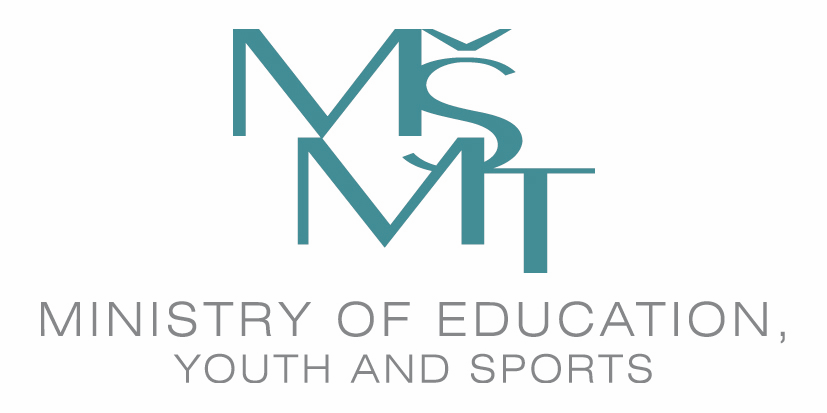.png)
Annotation
During the talk, we will present two methods of validation quantum architectures: the symmetric discrimination of quantum operations and the asymmetric one, known as the certification. The presentation begins with an overview of the discrimination schemes for quantum states, unitary channels, and general channels. Next, the focus will be mainly on discriminating schemes for the von Neumann measurements. We will discuss the theoretical approach to these problems and their implementation on quantum gate-based computers using the Qiskit platform.
Benefits for the attendees, what they will learn:
Attendees will gain an overview of the problem of discrimination of quantum operations – one of the essential problems of quantum information theory. We will introduce theoretical and practical aspects of this problem. In that second case, we will use the Qiskit platform.
Level
intermediate - advanced
Language
English
Prerequisites
Basic experience with quantum computing.
Basics of linear algebra.
Basics of quantum information and computation.
Qiskit platform and Python programming.
Tutor
Paulina Lewandowska
Paulina Lewandowska has a master's in mathematics and a young Ph.D. in computer science. She has completed her PhD at the Institute of Theoretical and Applied Informatics, Polish Academy of Science (PAS). At the same time, she was also one of the members of the Quantum Systems of Informatics Group members in PAS. There, she has gained knowledge about quantum computing, benchmarking, and validation methods of gate-based quantum computers. Her research also includes quantum causal structure theory, quantum learning, and, recently, quantum game theory. Recently, she joined the Quantum Computing Lab at IT4Innovations National Supercomputing Center to deepen her quantum computing experience.
Acknowledgements

This project has received funding from the European High-Performance Computing Joint Undertaking (JU) under grant agreement No 101101903. The JU receives support from the Digital Europe Programme and Germany, Bulgaria, Austria, Croatia, Cyprus, Czech Republic, Denmark, Estonia, Finland, Greece, Hungary, Ireland, Italy, Lithuania, Latvia, Poland, Portugal, Romania, Slovenia, Spain, Sweden, France, Netherlands, Belgium, Luxembourg, Slovakia, Norway, Türkiye, Republic of North Macedonia, Iceland, Montenegro, Serbia. This project has received funding from the Ministry of Education, Youth and Sports of the Czech Republic.
.png)

This course was supported by the Ministry of Education, Youth and Sports of the Czech Republic through the e-INFRA CZ (ID:90254).
![[HYBRID] Quantum Computing Seminar: Discrimination of Quantum Operators (EuroCC)](/event/219/logo-3264908871.png)
